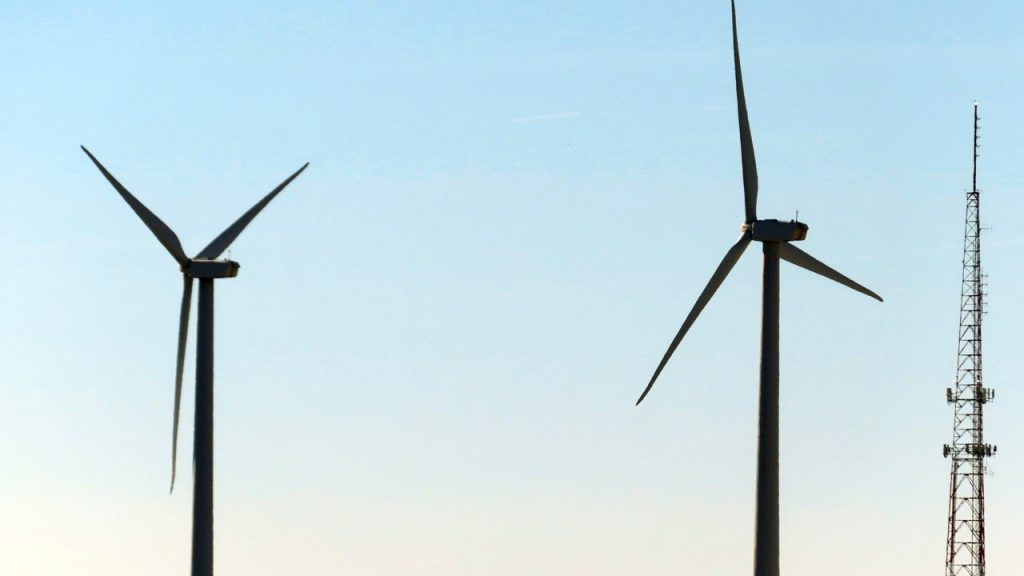Three anti-wind power groups, Save Long Beach Island, Defend Brigantine Beach, and Protect Our Coast NJ, have filed a lawsuit against New Jersey in an effort to overturn a key environmental approval for a wind energy farm planned off the coast of Long Beach Island. The lawsuit challenges a determination by the New Jersey Department of Environmental Protection, which stated that the Atlantic Shores wind farm project meets the requirements of a federal coastal protection law. The project is one of three proposed wind farms off New Jersey’s coast that have preliminary approval. Bruce Afran, an attorney for the groups, argued that the state’s approval contradicts a federal regulator’s environmental impact statement, which highlighted potential harm to marine habitat, seafloor compression, damage to marine communities, compromise of migration corridors for endangered species, and depletion of commercial fishing stocks.
The same three groups previously challenged a wind farm proposed by Danish wind energy company Orsted, which ultimately scrapped the project in October. These groups, described as vocal and litigious opponents of offshore wind projects, are now targeting the Atlantic Shores project as the latest obstacle facing New Jersey’s goal to become the East Coast leader in offshore wind. The New Jersey Attorney General’s office has declined to comment on the pending litigation, while Atlantic Shores did not respond to requests for comment. Political strategist Joshua Henne has accused the anti-wind groups of working with the fossil fuel industry, claiming that their efforts are not grassroots but rather manipulated by external interests. However, Robin Shaffer, president of Protect Our Coast, denied these allegations and emphasized that his group has not received any funding from entities linked to the fossil fuel industry.
Shaffer highlighted the involvement of Shell, a global oil and gas company, as one of the owners of Atlantic Shores, indicating potential conflicts of interest in the offshore wind projects. He criticized state and federal officials for rushing approvals without adequately considering the negative impacts of offshore wind farms. Shaffer expressed concern that the projects are being pushed forward without a clear plan for the future, likening the situation to building an airplane while it is in the air without knowing where it is headed or if it can be safely landed. Despite these challenges, Jason Ryan, a spokesman for the American Clean Power Association, asserted that the current slate of offshore wind projects in the U.S. is among the most carefully planned and analyzed infrastructure projects, expressing confidence that the permits will withstand legal scrutiny.
New Jersey recently opened a fourth round of solicitations for additional offshore wind projects as part of its goal to generate 100% of its power from clean sources by 2035. The state’s ambitious renewable energy targets are driving the push towards offshore wind development, despite challenges and opposition from anti-wind groups. The lawsuit filed by Save Long Beach Island, Defend Brigantine Beach, and Protect Our Coast NJ underscores the contentious nature of offshore wind projects and the complexities involved in balancing environmental concerns and renewable energy goals. As New Jersey navigates these legal battles and regulatory processes, the future of offshore wind development in the state remains uncertain.


